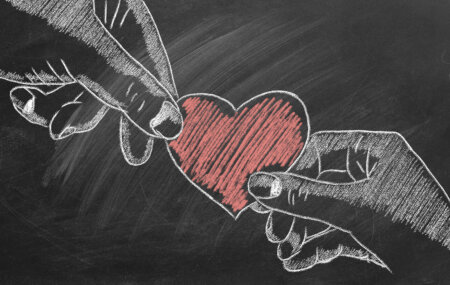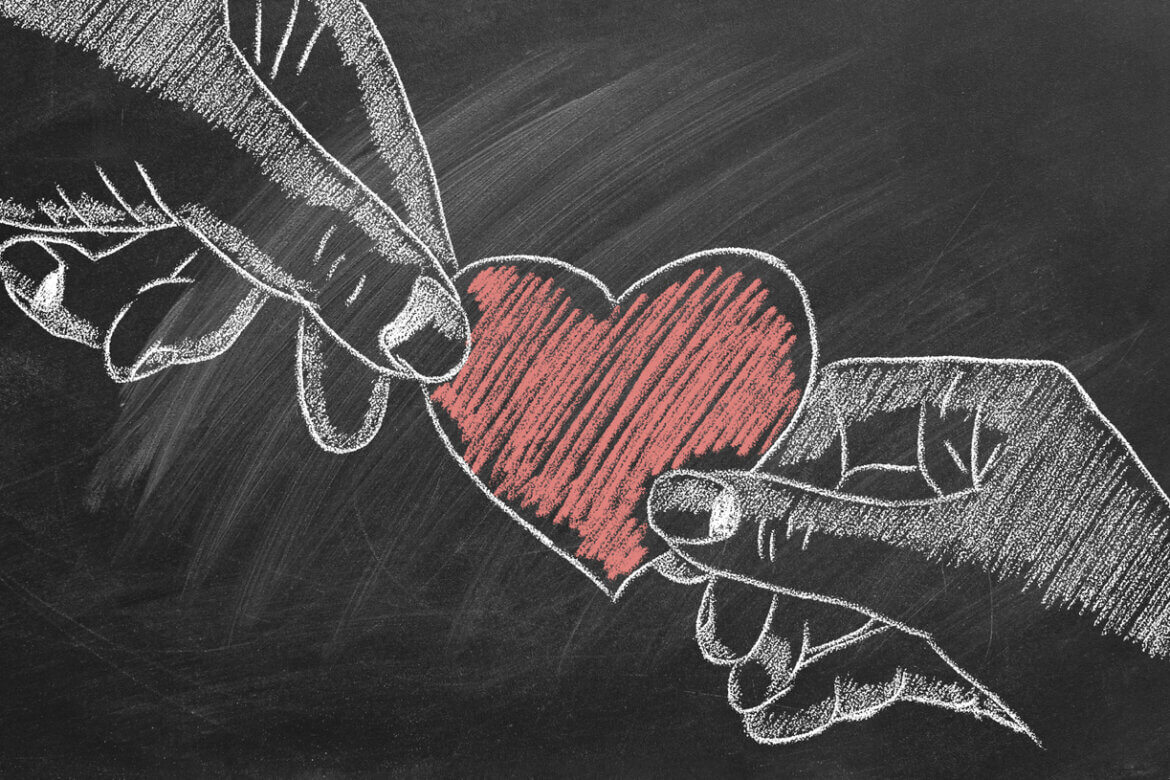The Rare Need for True Forgiveness
George Klima, Victoria
Volume 39 Issue 10, 11, & 12 | Posted: December 28, 2024

When did you last have an idea that you wanted forgiveness for something that you did? When did you last forgive someone who asked?
I suggest that such forgiveness events happen so very rarely because they don’t make sense in our everyday life. Yes, of course, we may sometimes feel regret over something we said, perhaps some cruel words. Or we might feel guilty for something we did. So then, how does regret or guilt resolve itself? Do we go to that person and beg forgiveness? No, we do not.
What happens when we are wronged by another person? How does that resolve itself? Does that person come to us one day and confess? Do we then magnanimously pronounce some words of forgiveness? And then do we wipe the memory of that person’s actions from our mind? No we do not.
These scenarios don’t happen because that’s not how we behave with each other. Consider instead some more realistic scenarios. Consider how regret and guilt is actually resolved for both parties.
There’s an old adage, “Speak in haste, repent at leisure.” So let’s imagine a scenario: I say some harsh unfair things to a friend, who clearly takes offense. We go our separate ways. I feel regret, which festers and so eventually I go to my friend and ask if he remembers the time I said those things. Hopefully, he does remember and hopefully he is willing to hear me. So I tell him that I am sorry for my hurtful words and that it won’t happen again. He acknowledges my apology and we shake hands. I suggest that such an interaction is not an example of forgiveness; it is acceptance. I was heard and my apology was accepted. In fact, I was accepted as a worthwhile friend. My feelings at being accepted are very different from how I would have felt if I had heard my friend say, “I forgive you.”
Consider a situation from the side of a person who is wronged. This happened to me: a friend stole a tool from me. I asked her about the tool and she denied having seen it. Weeks later, I saw my tool in her tool box. I confronted her and she admitted that it was mine. Some time passed and one day she came to me and apologized for taking my tool. I said, “OK, it’s all right.” And we continued being friends. No pronouncements of forgiveness. I accept that she had a moment of careless dishonesty, as we all have. I do not scrub the incident from my memory. I believe that our friendship is important and it’s also important that I do not entertain a grudge.
In both types of scenarios we carry on. We come to an agreement and we accept each other.
George Klima, Victoria

